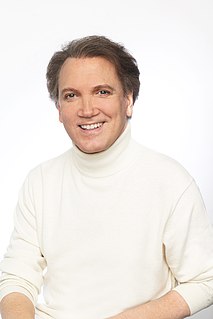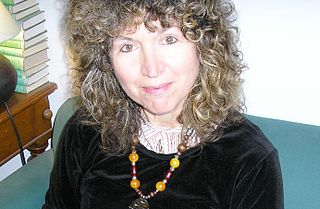A Quote by Jhumpa Lahiri
I recently discovered the work of Giorgio Manganelli, who wrote a collection called 'Centuria,' which contains 100 stories, each of them about a page long. They're somewhat surreal and extremely dense, at once fierce and purifying, the equivalent of a shot of grappa. I find it helpful to read one before sitting down to write.
Related Quotes
I write most of my first drafts on an old manual typewriter, a really old one. It's a big black metal "Woodstock" from about 1920. I try to write everything down at once, in one sitting. The longer stories in this collection are divided up into sections. Each section represents a different sitting, a different idea for the same story.
As I get older I find myself thinking about stories more and more before I work so that by the time I eventually sit down to write them, I know more or less how it's going to look, start or feel. Once I do actually set pencil to paper, though, everything changes and I end up erasing, redrawing and rewriting more than I keep. Once a picture is on the page I think of about ten things that never would have occurred to me otherwise. Then when I think of the strip at other odd times during the day, it's a completely different thing than it was before I started.
I took many notes, more than usual before I sat down and wrote Act One, Scene One. I had perhaps eighty pages of notes. . . . I was so prepared that the script seemed inevitable. It was almost all there. I could almost collate it from my notes. The story line, the rather tenuous plot we have, seemed to work out itself. It was a very helpful way to write, and it wasn't so scary. I wasn't starting with a completely blank page.
I discovered John Truby ten years ago when a friend told me about his screenwriting course. I studied Truby's principles for a year and -- using them -- I wrote the first draft of The Thieves of Ostia in two weeks. I go back to his teachings before each new book I write. Each time I study Truby, I learn something new.
My older brother and I read all the time. My father read, but only things related to religion. One year, he did read a set of stories that was called something like '365 Stories' out loud to us. They followed a family for the year, a page a day. They were about kids with simple problems - like a wheel coming off their bicycle.
































